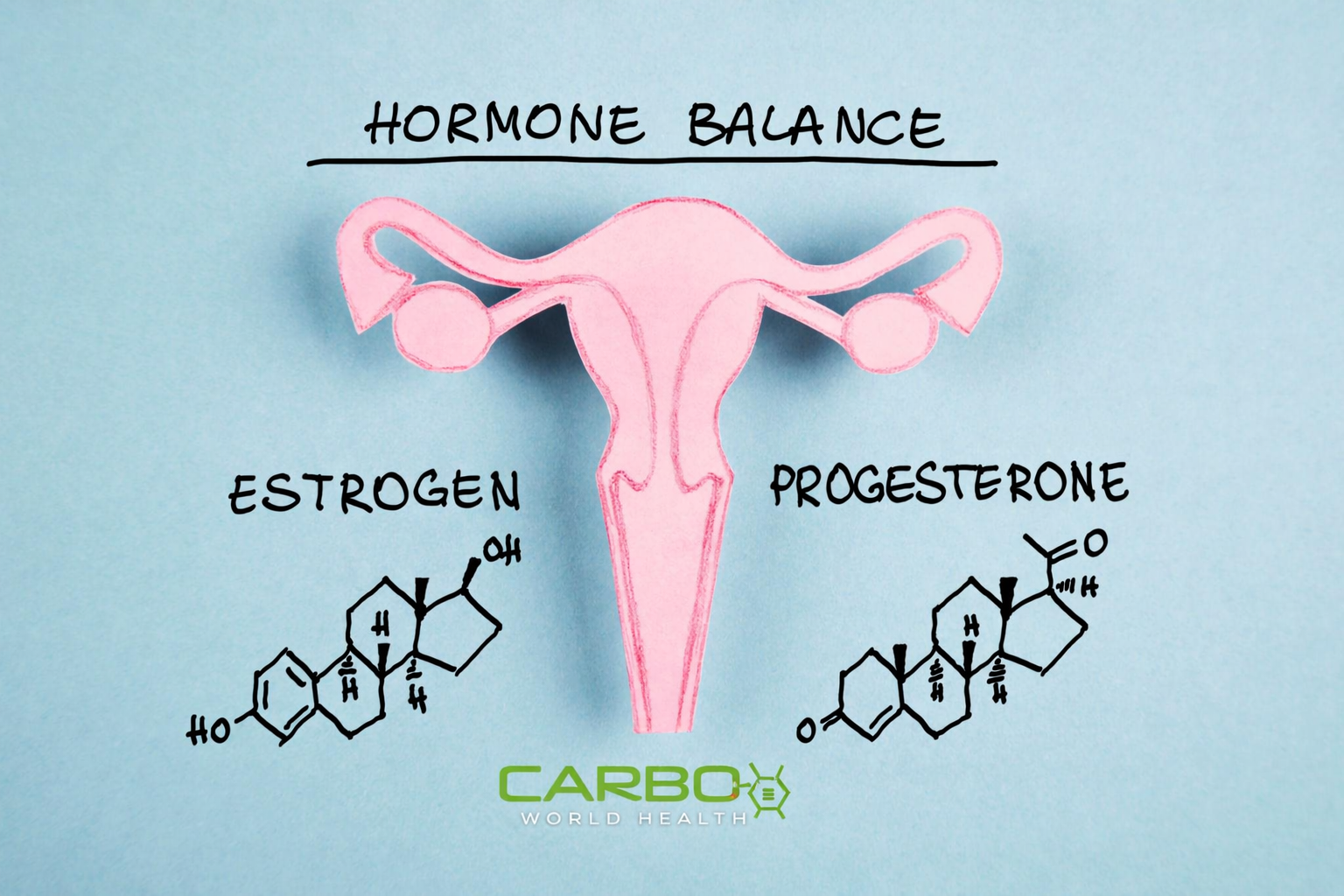
Obesity has become a major health issue in recent decades, affecting more than 70 million people, and 1 in 4 residents of Wisconsin. Not only does obesity negatively affect our ability to perform daily tasks, but it also leads to serious health consequences. Obese people are more likely to suffer from heart disease and diabetes, and they are also more susceptible to osteoarthritis and certain cancers.
While the standard advice for losing weight is simply to diet and exercise, the fact is, due to complicating factors like joint and heart issues, starting a weight loss program poses special problems and risks for people who are significantly overweight and out of shape. When a person is slightly overweight and still fairly “healthy,” their weight loss journey is simpler. When a person is heavy enough to have complicating health factors, starting a diet and exercise program should involve medical supervision.
While the standard disclaimer is “see your doctor before beginning a weight loss program”, there are important reasons to work with a doctor throughout the entire weight loss journey.
Working with a doctor before beginning a weight loss program will help:
- Measure your current health. This involves so much more than simply getting on a scale. A doctor will assess your weight, your diet and level of physical activity, your sleep patterns, body chemistry, and your health risks. This will establish a healthy baseline from which to begin your weight loss journey.
- Set realistic and achievable goals. Unlike fad diets and gimmicks that promise dramatic, rapid results, it's important to set realistic goals and targets to meet along the way. This is more than simply numbers on a scale, but involves comprehensive health goals, and focusing on losing excess fat rather than weight.
- Guide healthy food choices. A healthy diet is about more than calories. Our food choices are integrated into our lifestyle, nutritional needs, and emotional health. It's important to account for all these factors.
- Craft a low-risk exercise routine. People with heart or joint problems need medical guidance about which exercises to do, how to do them properly, and what levels of exertion are optimal.
During your weight loss journey, a doctor will:
- Monitor your progress. It's important to review progress and setbacks, to ensure that your goals are realistic, and review challenges and difficulties along the way.
- Assess changes and monitor health. Again, a journey toward a healthy body isn't simply measured on a scale. As your body changes, inside and out, it's important that a range of health indicators be monitored and adjusted if necessary.
Even after you've reached your goal weight, a doctor can help:
- Guide healthy lifestyle decisions. To avoid slipping back into old habits and regaining the weight, the transition from a weight loss regimen and into a maintenance lifestyle should also have expert medical guidance and advice.









